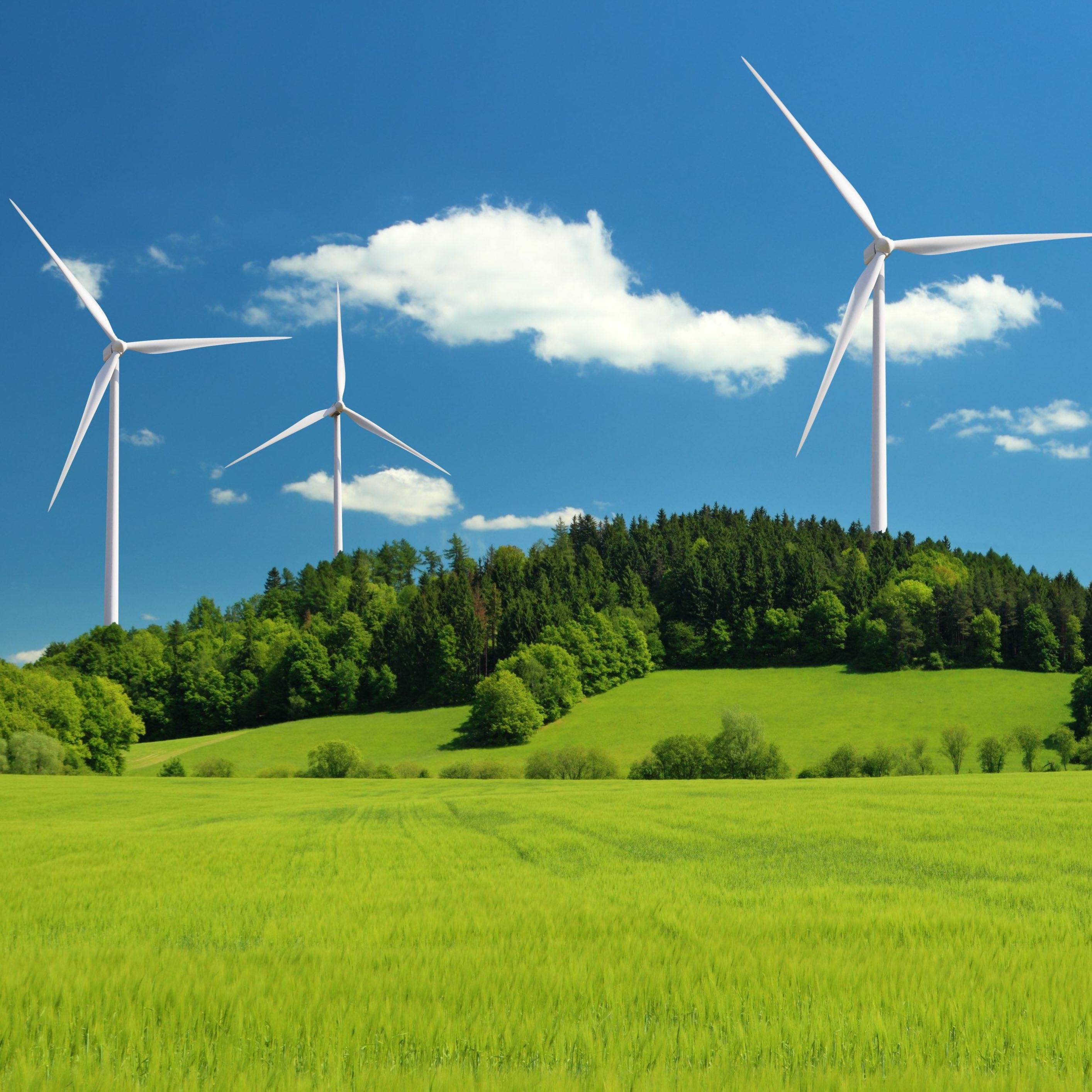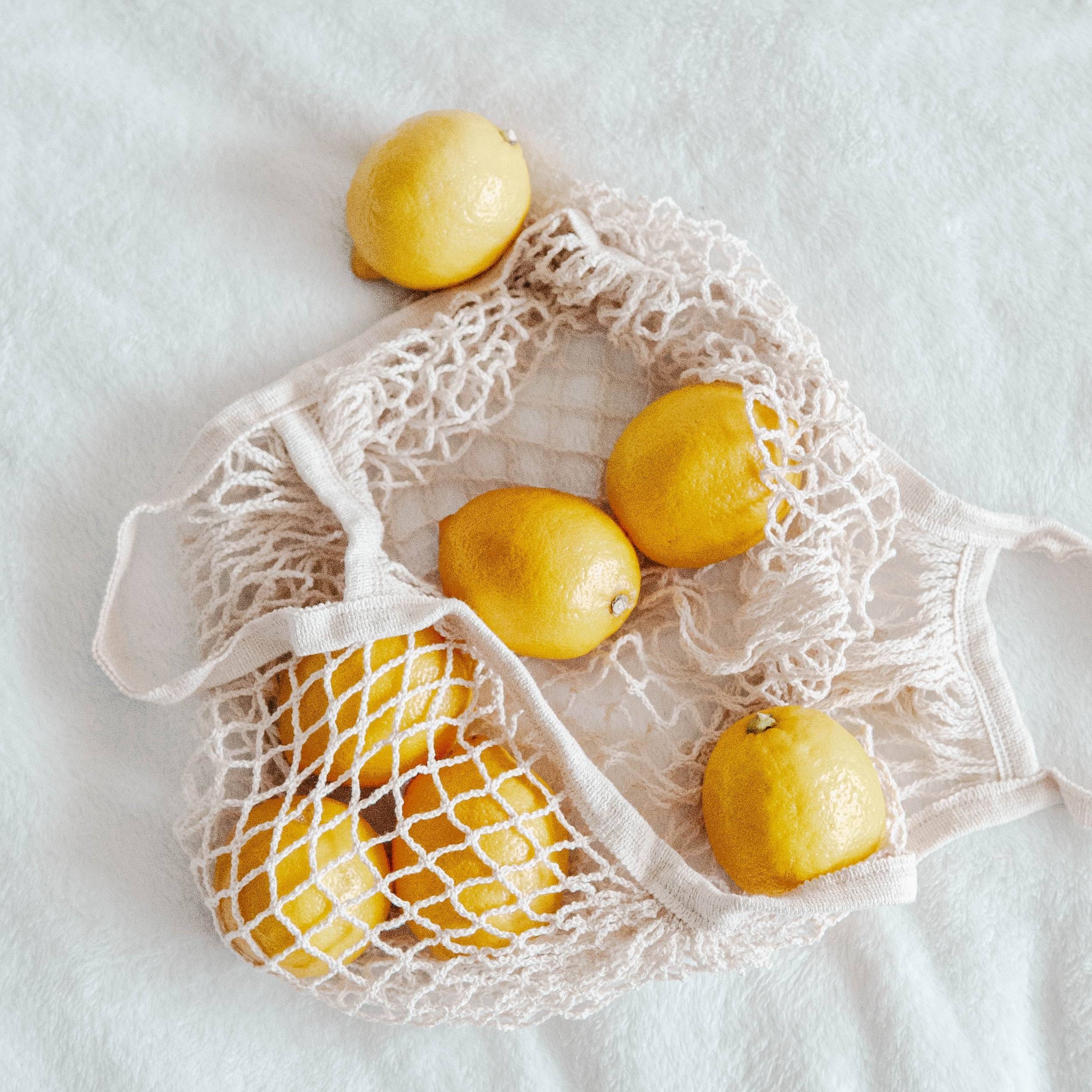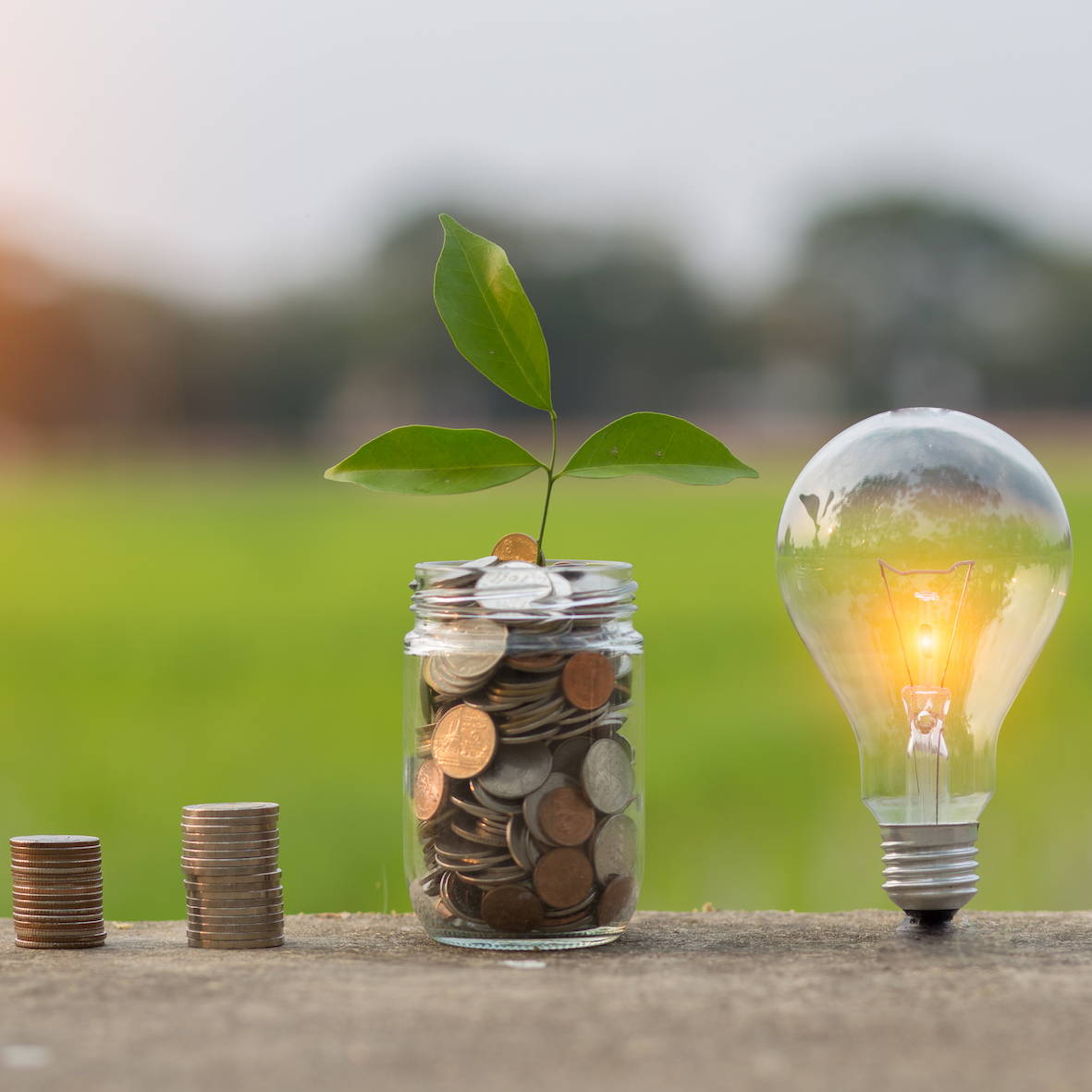
All Images: Shutterstock
EASY Energy Saving Tips
How to reduce your bills responsibly during the biggest energy crisis in decades
By leanne walstow
16 march 2022
The world is experiencing an energy crisis, and the knock-on effects of the soaring prices of gas and electricity mean that we all need to strap ourselves in for an expensive future. Our household energy bills will increase considerably, possibly by hundreds of pounds, from April 1st. So is there anything you can do to reduce the amount of power you use at home?
Thankfully, the answer is yes. There are plenty of easy swaps and cuts you can make right now to use less gas and electricity at home, which will not only save you money, but also means you're doing your bit to lead a greener life. A Cambridge University study found that turning the heating down by just one degree can save a single household up to 1,930kWh a year – now imagine if every home in the UK, or across the world, did that. Here are our 24 top energy-saving tips.
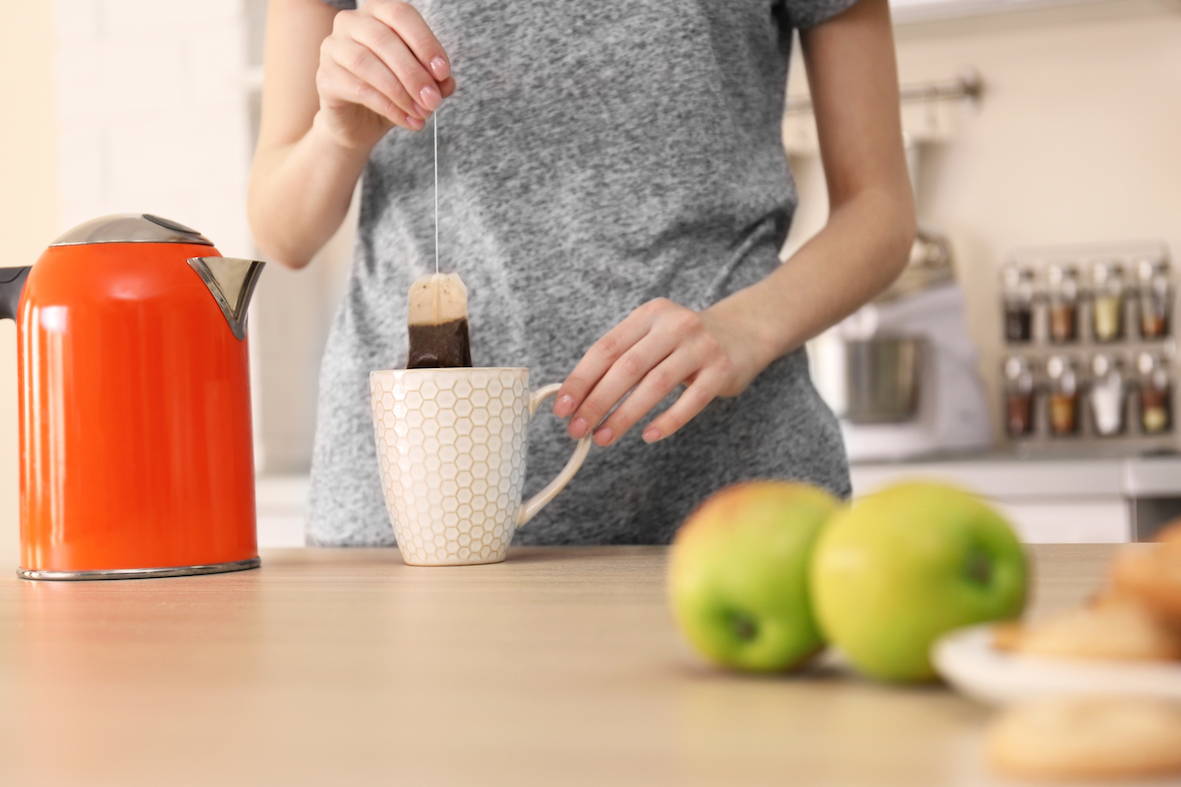
1. Own part of a wind farm
Ripple Energy has built the UK's first consumer-owned wind farm, and has two more under construction. When you buy part of the wind farm (from as little as £25), your share of the energy generated by the farm is delivered to your home via the national grid. Not only do you save money on bills, you're also ensuring that the energy you use is 100% renewable.
2. Go solar
If you want to take things one step further, consider having solar panels installed on your house – it could cut your bills by as much as one third, according to USwitch. Solar Together offers the chance to get involved in group-buying projects in counties all over the UK.
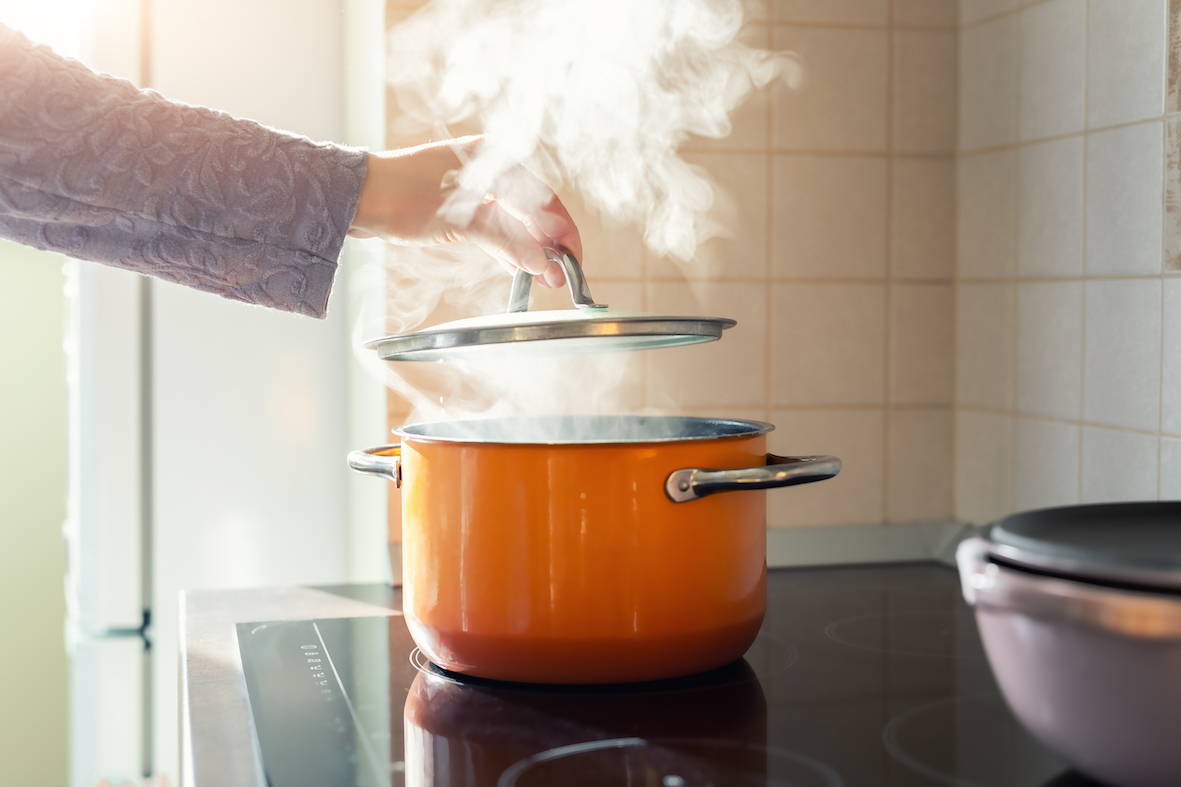
9. Stick a lid on
If you’re boiling water on the hob, leave the lid on the saucepan to keep the heat in – the water will boil up to twice as quickly, using much less energy.
10. Use your oven as a bonus heater
Finished cooking? Leave the oven door open (unless of course you have little ones or pets) and let the heat warm up your kitchen. It’s hot already, so no extra energy is used.
11. Get defrosting to save power
It’s nobody’s favourite job, but defrosting your freezer is a great way to save energy, the less frost there is in there, the less hard your freezer has to work – an ice build-up can increase your freezer’s energy usage by around 10%.
12. Be a selective washer
Clothes need washing way less than you think, but when you do decide to put a wash on, make sure you fill up the drum as much as possible and also consider what you need for the next week, so you won’t need to do multiple last-minute washes. Opt for an eco detergent like Smol which is plastic-free and also super-concentrated, using less chemicals as a result.
13. Cool wash for a cool planet
Unless your washing is seriously dirty, a temperature of 30 degrees should be sufficient for freshening up your clothes. 90% of a washing machine’s energy usage is spent on heating the water so cooler washes make a huge difference.
14. Ditch the tumble dryer
Tumble dryers use a whopping 4.5kWh per cycle – make use of the sunshine and enjoy that fresh air-dried linen smell. Or on rainy days hang your washing indoors – check out these airers handmade from sustainable wood from Branches of Hogan. If you own a tumble dryer you’d like to get rid of, recycle it by contacting your local council who will pick it up for a fee.
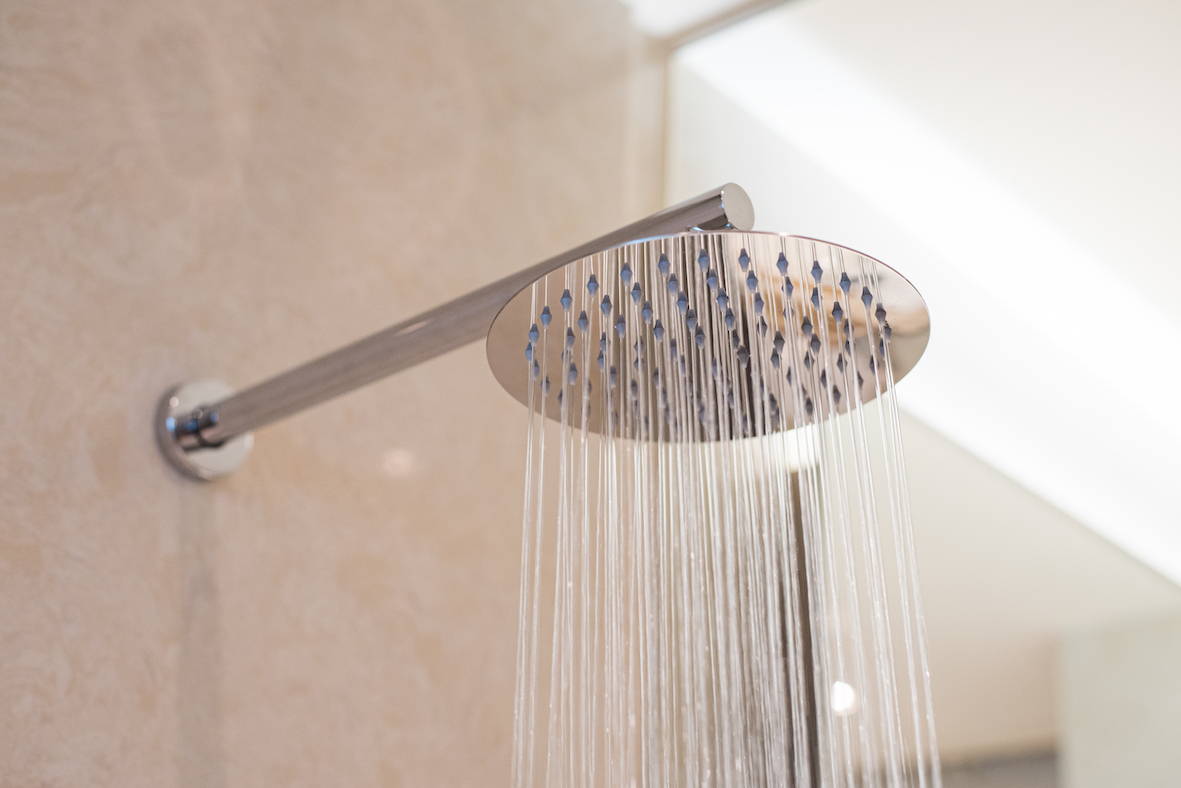
15. Opt for an efficient shower head
If you have a shower that takes hot water directly from your boiler or tank, think about getting a water-efficient shower head. Not only will this save you money on your water bills, it can also slash your water heating costs by about £30 a year.
16. Be selective with your heating
Now that many of us are working from home, you might find yourself only in one room of the house for most of the day. Instead of heating your whole pad, switch off your radiators in other rooms – why waste energy and money heating rooms you’re not using?
17. Deal with the draught
A draughty house can become a money pit in winter when you’re battling to keep cosy. Pay attention to doors, windows, chimneys and floors – if there’s a gap, see about getting it insulated, or as a cheaper alternative check out some of our sustainable decor ideas for a quick fix. Draught-proofing can save you roughly £25 of energy every year.
18. Style up your rooms to save energy
From adding colourful rugs to piling on the throws, there are plenty of ways to accessorise your home to maximise its heat-holding potential, read our full guide here.
19. Bleed your radiators regularly
A little maintenance can go a long way when it comes to your radiators. Bleed them regularly to make sure they’re heating efficiently and keep them clean so the heat can travel directly into the room.
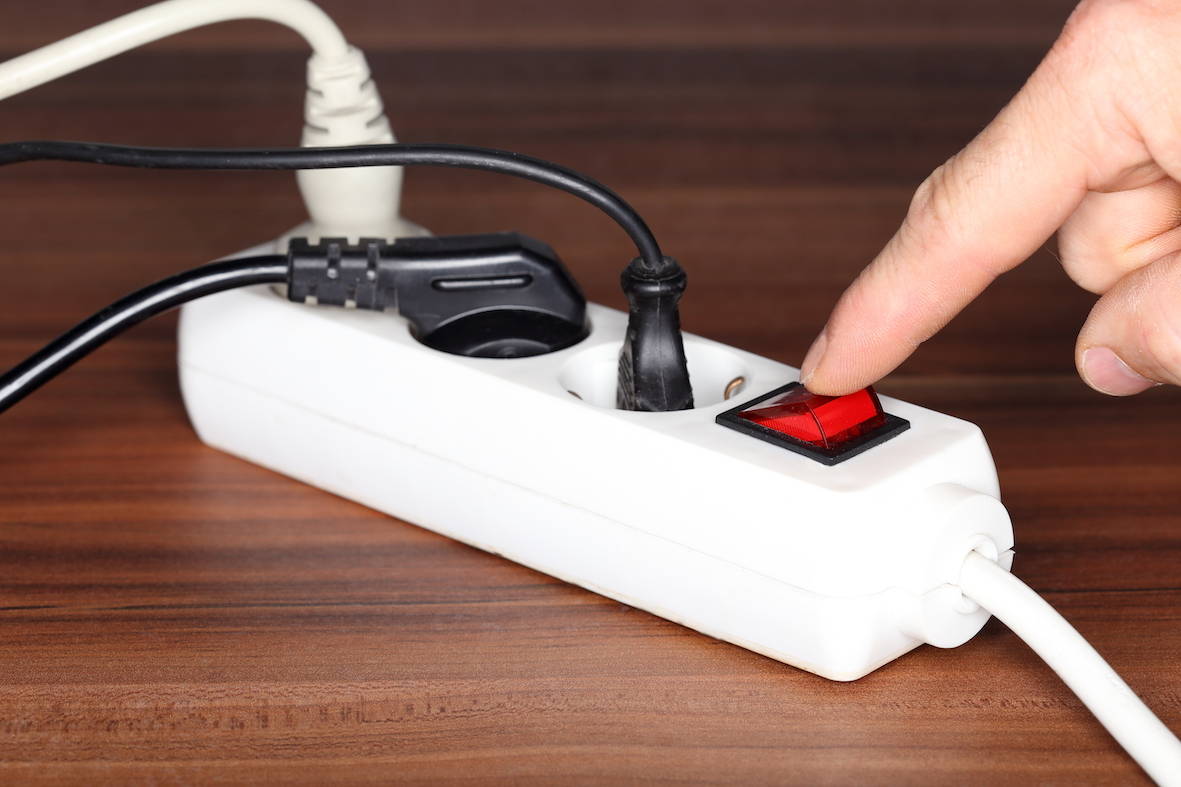
20. Switch off to save energy
It’s tempting to leave your electronics on the red light for ease, but ask yourself: are those extra few seconds waiting for your TV to turn on worth £35? Yep, you could save around £35 a year by switching your devices off at the plug.
21. Get smart with your energy
If you’re struggling to understand your energy usage and end up being baffled by your bills every month, get a smart meter installed. It shows your usage in real time so you can see which periods of the day you’re racking up the biggest figures. Most energy companies offer installation for free, it’s often as easy as just getting in touch with your supplier to arrange a date. UK government stats estimate that smart meters can save energy customers £250 on their bills, and will cut countrywide carbon emissions by 45 million tonnes.
22. Light up, stay green
Compared to traditional incandescent light bulbs, LEDs win out on the efficiency stakes every time. Not only do LEDs use way less energy (about 75% in fact), if you buy good quality ones you won’t have to replace them as often - win-win!
23. Install dimmer switches
Dimmer switches allow you to light the room exactly how you like – if you’re reading you might want max light, but when watching a movie you can dim right down and save energy whilst enjoying a home cinema vibe.
24. Unplug anything you’re not using
Chargers that aren’t connected to anything but still switched on at the wall are key offenders here, making you waste small amounts of electricity, which all adds up over time.
This article was originally published in October 2021 and has since been updated.
100% of profits from the sales of #TOGETHER products go to charities that advance the Sustainable Development Goals. Find out more here.
